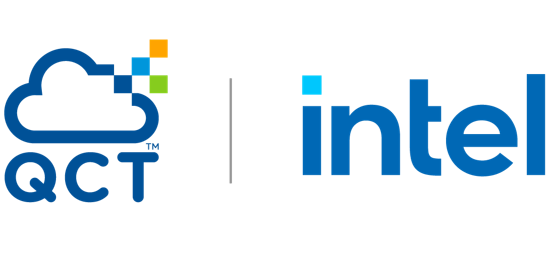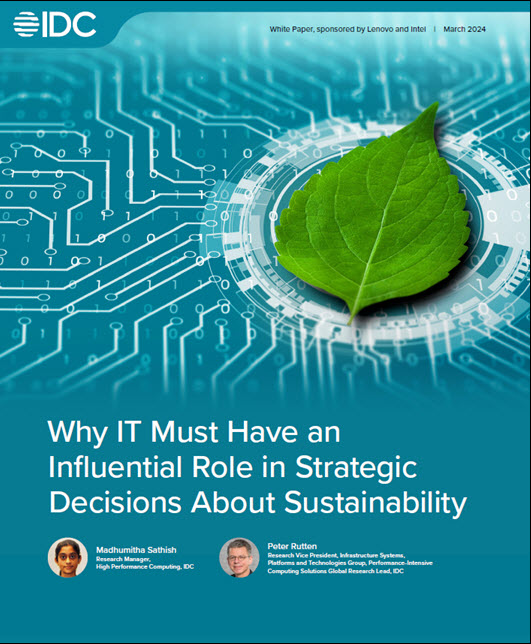Oct. 13, 2021 — The annual SC Test of Time Award (ToTA) goes to George Karypis and Vipin Kumar of the University of Minnesota for their paper “Multilevel Algorithms for Multi-Constraint Graph Partitioning”, published in the Proceedings of SC98.
The ToTA recognizes an outstanding paper that has deeply influenced the HPC discipline, it’s a mark of historical impact and recognition that the paper has changed HPC trends. The ToTA also acts as an incentive for researchers and students to send their best work to the SC Conference, and as a tool for understanding what makes lasting results in the HPC discipline. Papers appearing in the SC Program 10 to 25 years prior to the current conference year are eligible for this award.
Kumar and Karypis’ paper introduced multi-constraint graph partitioning algorithms that address the need to load balance multi-phase scientific simulations across high-performance computing system nodes to enable efficient parallel execution of computations when each mesh element requires different computation resources (e.g., CPU cycles, memory and network bandwidth). These algorithms have been incorporated into the METIS and ParMETIS graph partitioning software packages, which are used extensively to enable the efficient parallel execution of complex scientific computations.
These tools, in turn, have been used in a variety of HPC applications, ranging from semiconductor design and designing electoral districts to partitioning the computational graphs of large deep-learning models. Overall, the paper has had a major impact on the field, and is destined to have a continuing impact in the years to come.
Karypis is a Distinguished McKnight University Professor and an ADC Chair of Digital Technology at the Department of Computer Science & Engineering at the University of Minnesota and a Senior Principal Scientist at AWS AI. His research interests span the areas of data mining, high performance computing, information retrieval, collaborative filtering, bioinformatics, cheminformatics, and scientific computing.
His research has resulted in the development of software libraries for serial and parallel graph partitioning (METIS and ParMETIS), hypergraph partitioning (hMETIS), for parallel Cholesky factorization (PSPASES), for collaborative filtering-based recommendation algorithms (SUGGEST), clustering high dimensional datasets (CLUTO), finding frequent patterns in diverse datasets (PAFI), and for protein secondary structure prediction (YASSPP). He has coauthored over 300 papers on these topics and two books (“Introduction to Protein Structure Prediction: Methods and Algorithms” (Wiley, 2010) and “Introduction to Parallel Computing” (Publ. Addison Wesley, 2003, 2nd edition).
In addition, he is serving on the program committees of many conferences and workshops on these topics, and on the editorial boards of the IEEE Transactions on Knowledge and Data Engineering, ACM Transactions on Knowledge Discovery from Data, Data Mining and Knowledge Discovery, Social Network Analysis and Data Mining Journal, International Journal of Data Mining and Bioinformatics, the journal on Current Proteomics, Advances in Bioinformatics, and Biomedicine and Biotechnology. He is a Fellow of the IEEE.
Kumar has received numerous awards including being elected a Fellow of the American Association for Advancement for Science (AAAS), Association for Computing Machinery (ACM), Institute of Electrical and Electronics Engineers (IEEE), and Society for Industrial and Applied Mathematics (SIAM). His foundational research in data mining and high performance computing has been honored by the ACM Special Interest Group on Knowledge Discovery and Data Mining 2012 Innovation Award, the highest award for technical excellence in the field of Knowledge Discovery and Data Mining (KDD); and the 2016 IEEE Computer Society Sidney Fernbach Award, one of IEEE Computer Society’s highest awards in high-performance computing.
Kumar received his B.E. degree in electronics and communication engineering from Indian Institute of Technology Roorkee; an M.E. degree in electronics engineering from Philips International Institute, Netherlands; and a Ph.D. degree in computer science from University of Maryland, College Park.



